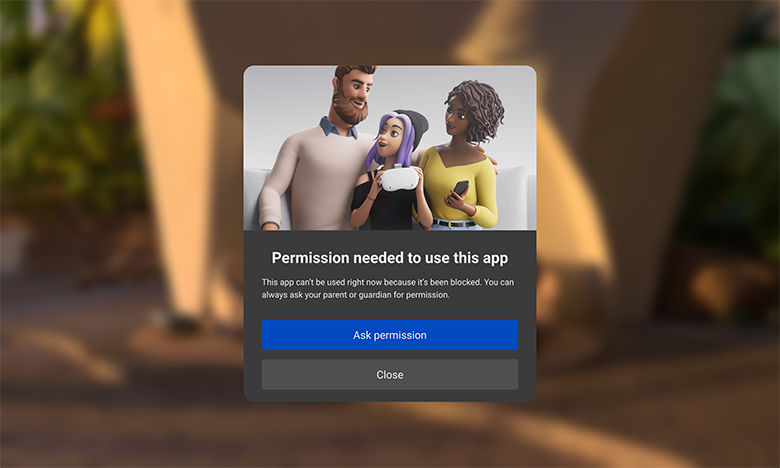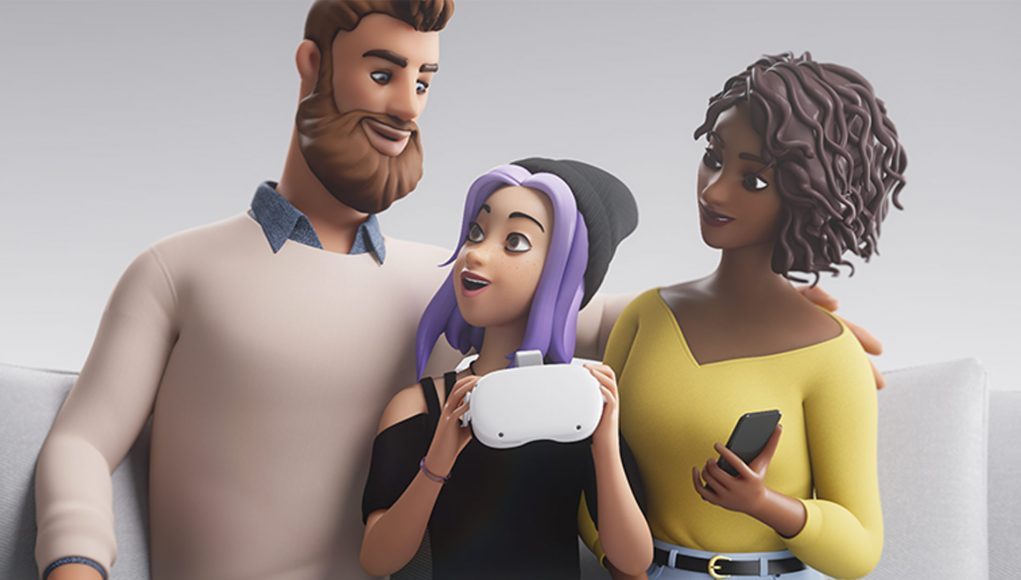Meta announced it’s reducing age requirements for Quest users, bringing the previous 13+ minimum down to 10+. The company says the policy change will come alongside new parent-managed accounts for Quest 2 and the upcoming Quest 3, which the company says will help keep preteens safe.
As anyone who has dipped their toes into social VR apps such as Rec Room or VRChat can probably attest, young kids are broadly already using VR headsets. Now Meta is introducing a scheme that will allow 10, 11 and 12-year-olds to have their own parent-managed accounts for the first time.
Slated to launch later this year, Meta says in a blogpost that its new parent-managed Meta accounts will require preteens to get their parent’s approval to set up an account, giving adults control over what apps their preteens can download from the Meta app store.

These parent-managed accounts will include controls to manage things like screen time limits, privacy and safety settings, and access to specific types of content, which will specify whether apps have a social component.
Additionally, Meta says preteens won’t be served ads, and parents will be able to choose whether their child’s usage data will be shared with Meta. Parents will also be able to delete profiles, including all of the data associated with it, the company says.
That’s a fairly strong policy reversal. At the time of this writing, Meta’s Safety Center portal maintains that Meta VR headsets “are not toys” and that younger children have “greater risks of injury and adverse effects than older users.”
Notably, Meta’s own social VR app Meta Horizon Worlds is also retaining its 13+ age requirement in the US and Canada (18+ in Europe).







